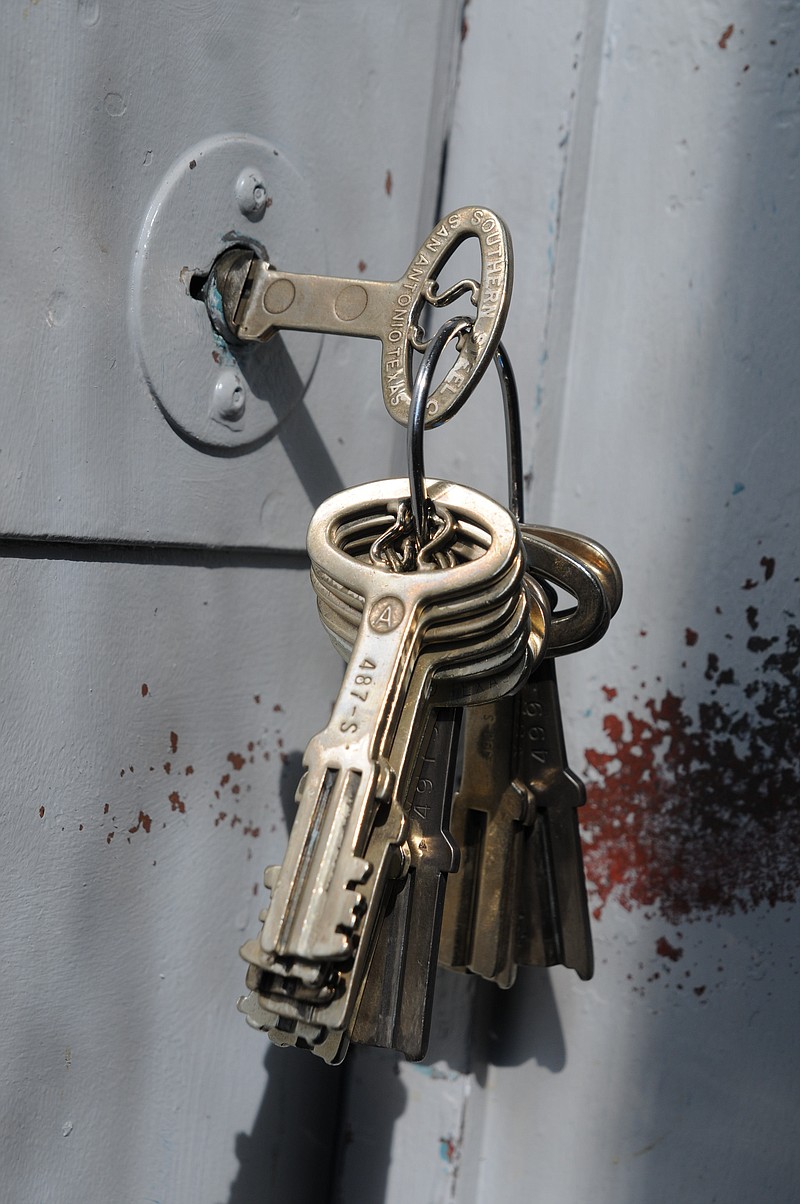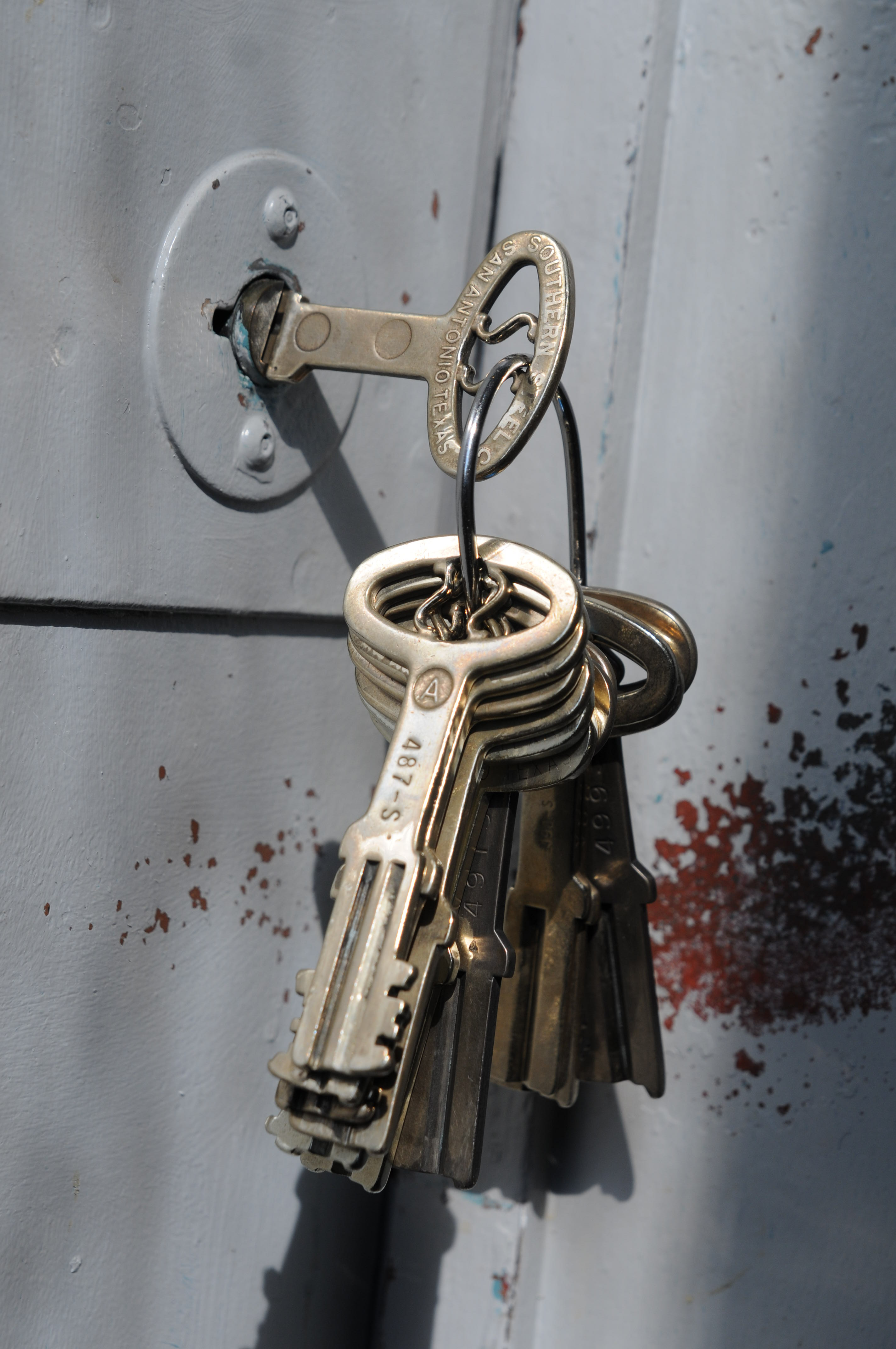NASHVILLE -- A top House lawmaker says some guards at a state prison in his district are warning him that changes by the Tennessee Department of Correction that classifies some inmates at lower levels of security have created a more dangerous environment for guards and possibly the public.
"I know in my particular prison in my county ... they're doing some reclassification," House Minority Leader Craig Fitzhugh said. "Some of these more hardened, more dangerous criminals are being reclassified, which means they can have less supervision or less numbers of employees who are directly involved with them."
Fitzhugh raised the issue in a discussion of potential cost-cutting in the 2015-16 budget as Republican Gov. Bill Haslam continues to balance competing needs. Fitzhguh said staffers at the West Tennessee State Penitentiary perceive the inmate reclassifications as a money-saving move.
Changing classifications without real justification, Fitzhugh warned, is, "No. 1, a dangerous precedent to start. And No. 2, it's also dangerous for the staff, the guards, and it ultimately could be dangerous to the public."
State Correction Commissioner Derrick Schofield said he's not sure just what Fitzhugh is referring to and said skimping on safety to save money isn't what the department is about.
"Moving an offender, if you're just lowering [an inmate's classification] to save money, that doesn't save money," Schofield said. "What that does it creates chaos."
TENNESSEE PRISONS
The Tennessee Department of Correction uses 14 state prisons. Eleven are operated by the department and three are managed privately by Corrections Corporation of America. * Bledsoe County Correctional Complex, Pikeville * Charles B. Bass Correctional Complex, Nashville * Hardeman County Correctional Facility (CCA), Whiteville * Lois M. DeBerry Special Needs Facility, Nashville * Mark H. Luttrell Correctional Center, Memphis * Morgan County Correctional Complex, Wartburg * Northeast Correctional Complex, Site 1-- Roan Mountain; Site 2 -- Mountain City * Northwest Correctional Complex, Tiptonville * Riverbend Maximum Security Institution, Nashville * South Central Correctional Facility (CCA), Clifton * Tennessee Prison for Women, Nashville * Turney Center Industrial Complex, Site 1 -- Only; Annex -- Clifton * West Tennessee State Penitentiary, Hennin * Whiteville Correctional Facility (CCA), Whiteville Source: Tennessee Department of Correction
He said he hasn't heard of anything like that and added, "our position is that we're going to operate safe prisons. There's a system in place."
Initial classification is done at the Bledsoe County Correctional Complex, the intake diagnostic center for all male offenders sentenced to state prison.
"We have validated risk assessment instruments and we use that and the folks on the ground, who are the actual ones responsible for classification, they actually work at the prison," Schofield said.
"You won't get a call from the commissioner saying, 'Hey, move these folks out of the close security and put them somewhere."
He said the department is actually increasing security for the more violent offenders.
"We created what we call a step-down -- in a secure environment -- but not going into the general population."
For example, an inmate could be moved from "a hardened cell, lock-down unit" into a different program or into pod housing with three or four offenders.
Those facilities are at the Morgan County Correctional Complex, Riverbend Maximum Security Institution and West Tennessee State Penitentiary, the commissioner said.
But high-security inmates just don't go into the general population, Schofield added. "So it's just a special management unit, which really makes it more secure."
Fitzhugh said of Schofield's scenario, "That's exactly the concern that's been voiced to me. Then they step the next level down to the general population."
"You put a violent offender with less supervision and less restriction and with the same number of guards at the lower restraint, you obviously have a problem," Fitzhugh said.
Contact staff writer Andy Sher at asher@timesfreepress.com or 615-255-0550.

